27th Session of the OSS Strategic Orientation Committee, Tunis, January 28, 2025
Held on January 28, 2025 in Tunis, the 27th session of the Strategic Orientation…
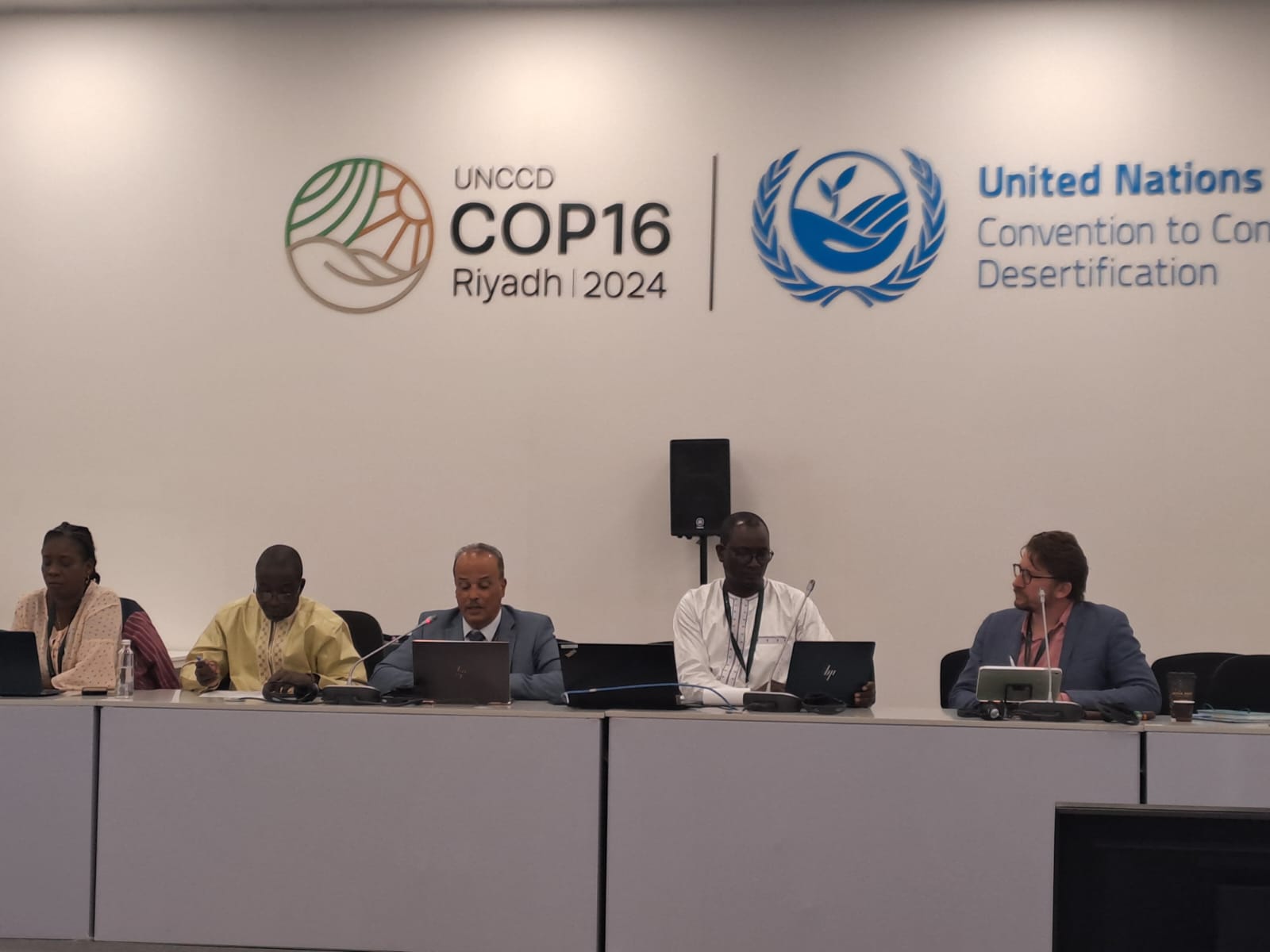
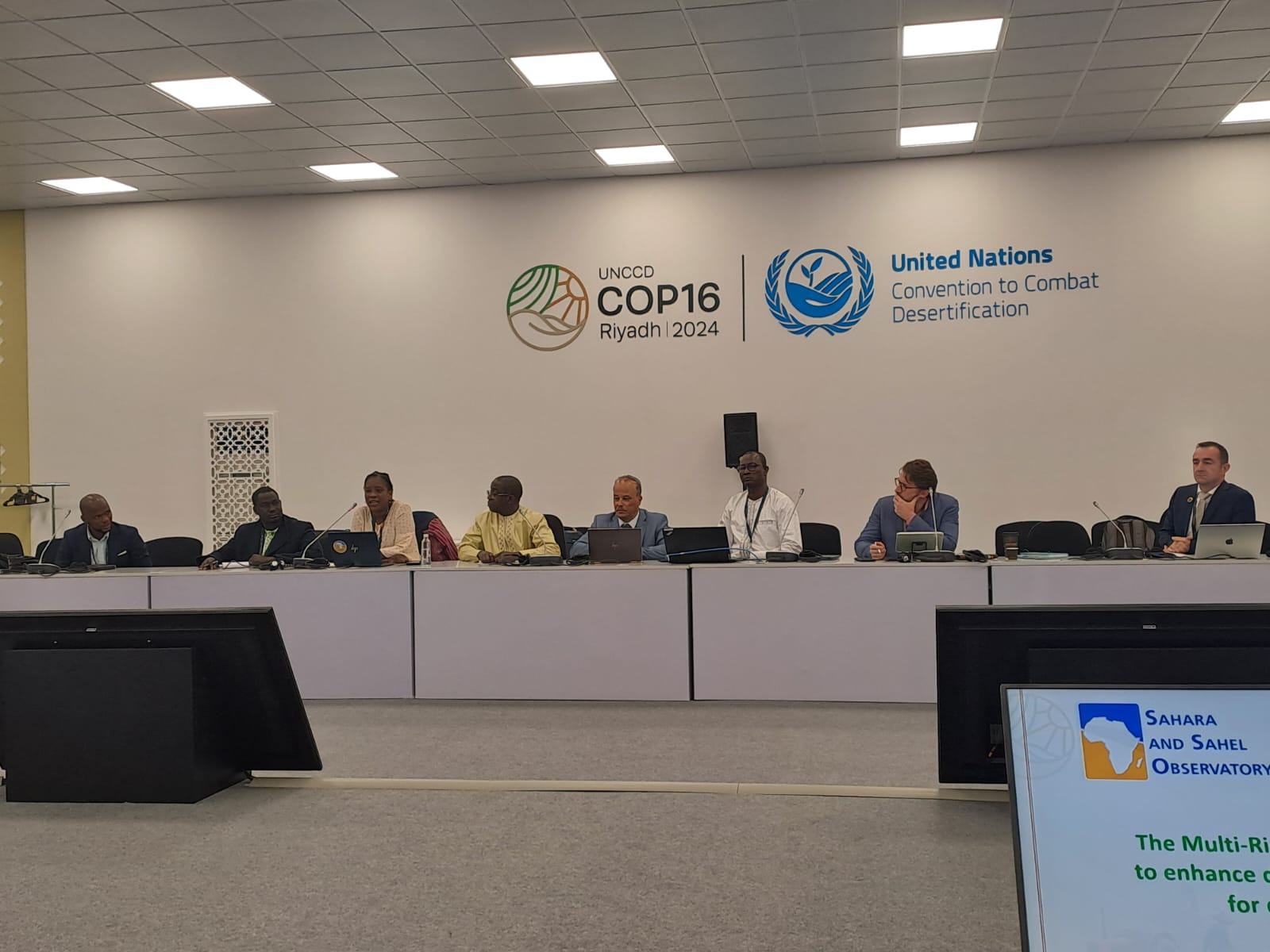
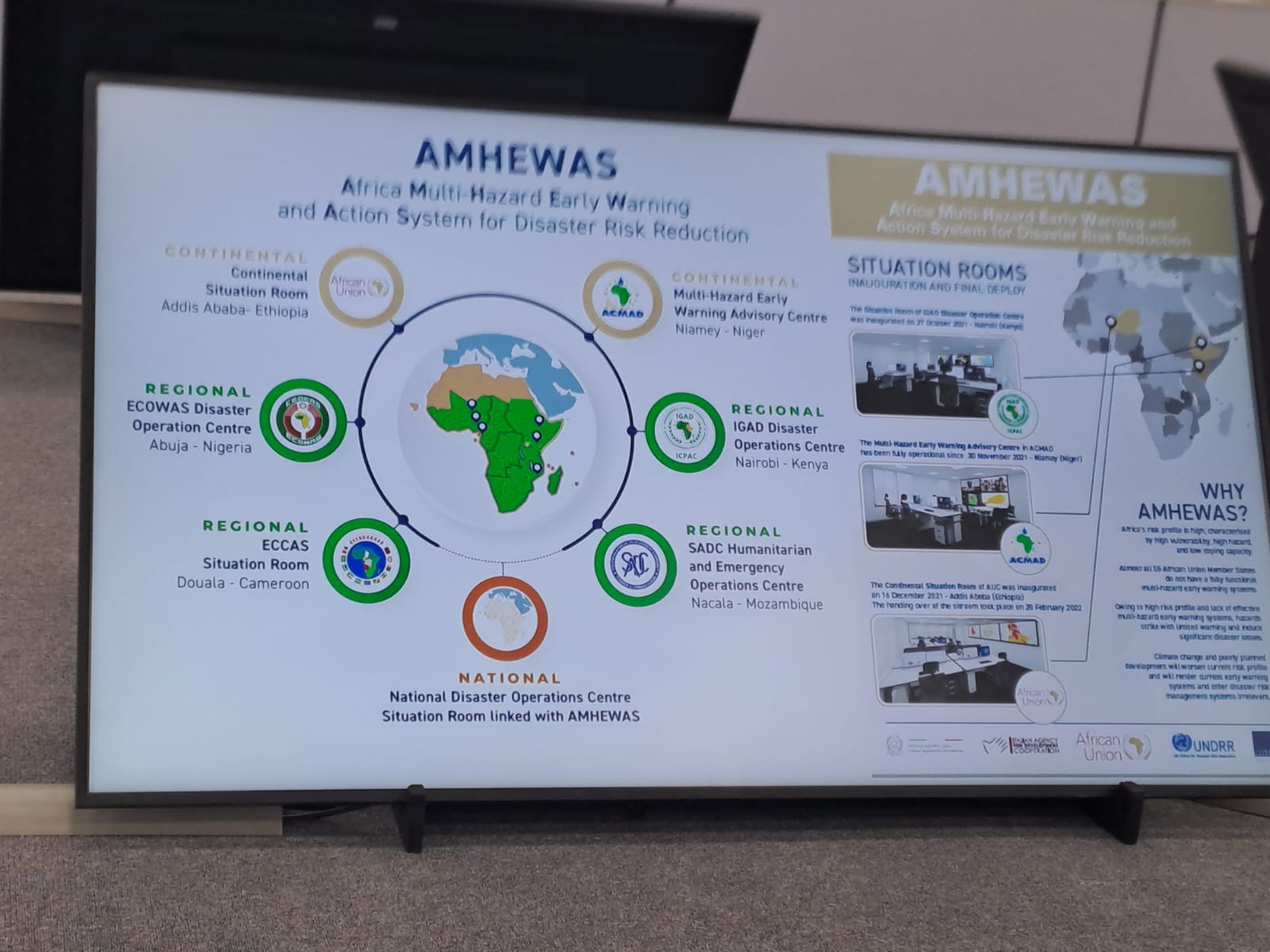
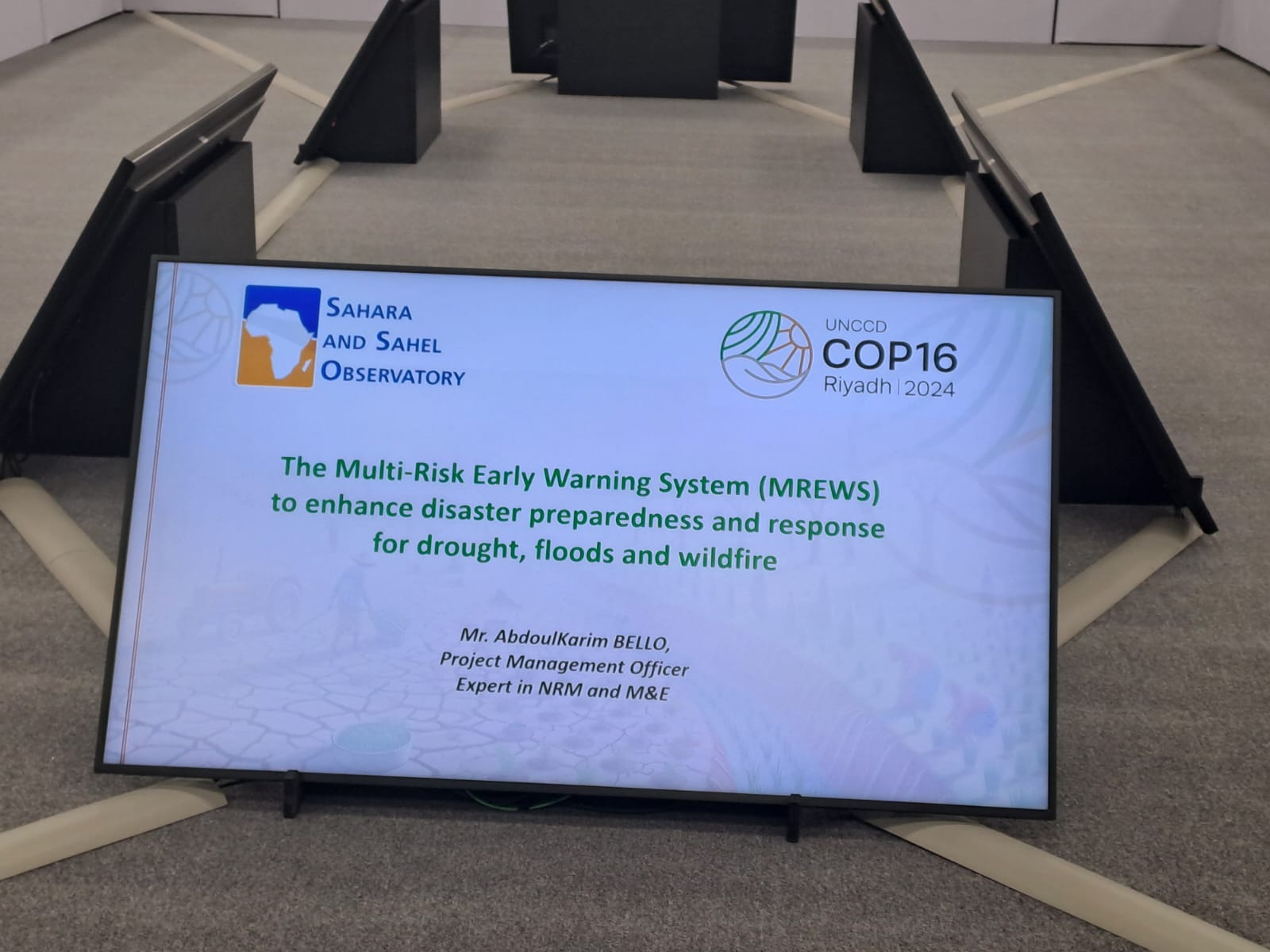
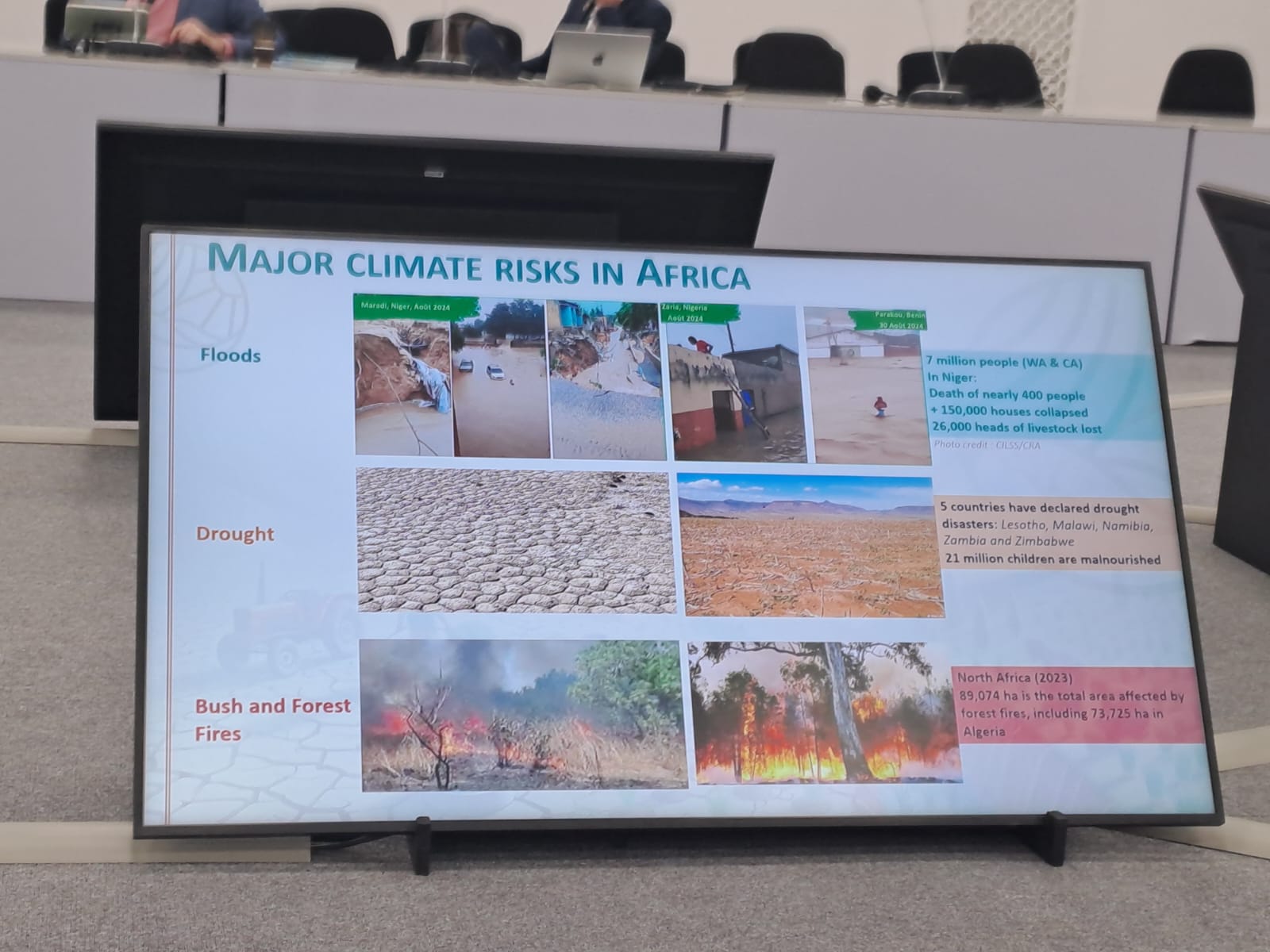
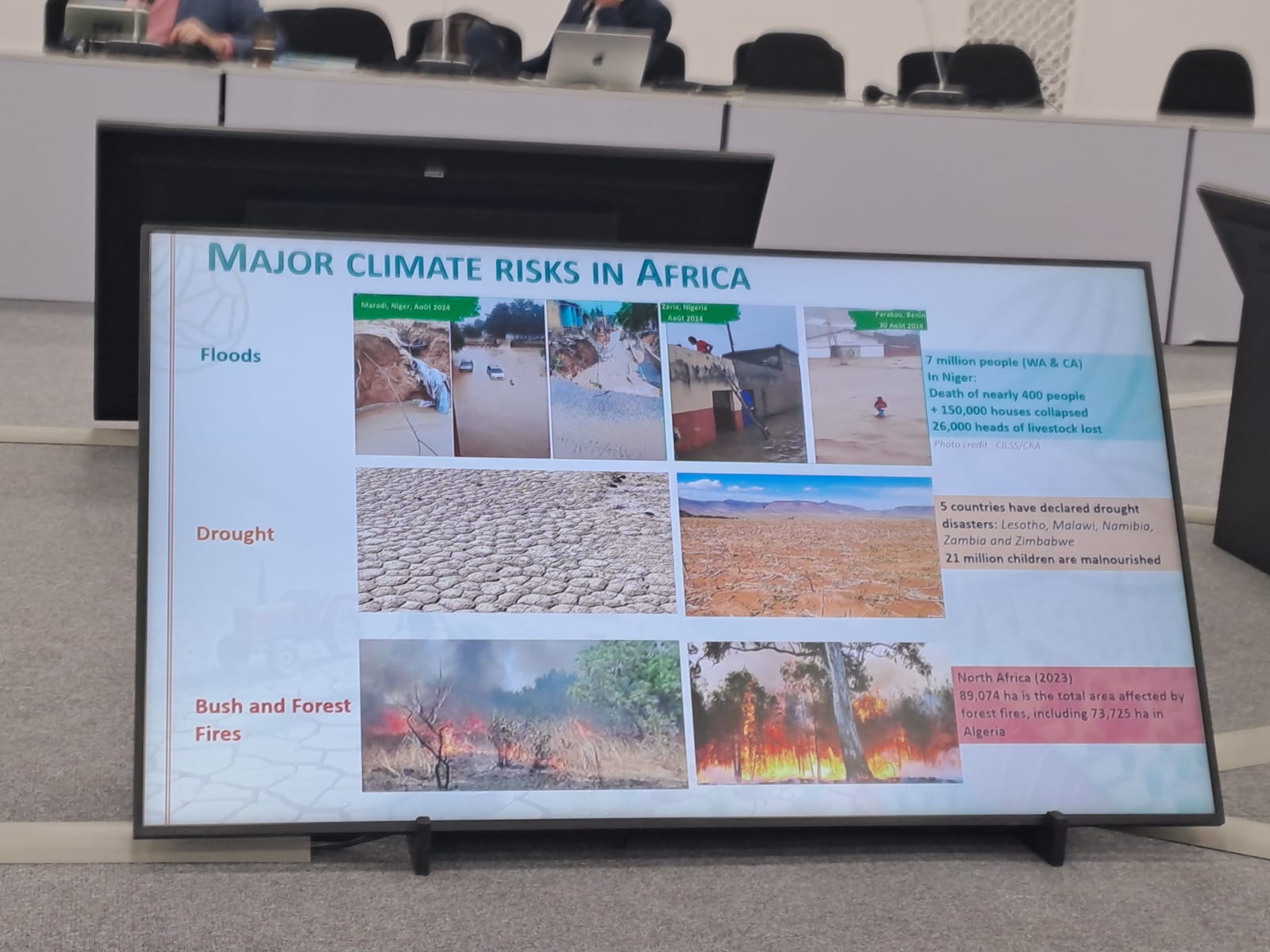
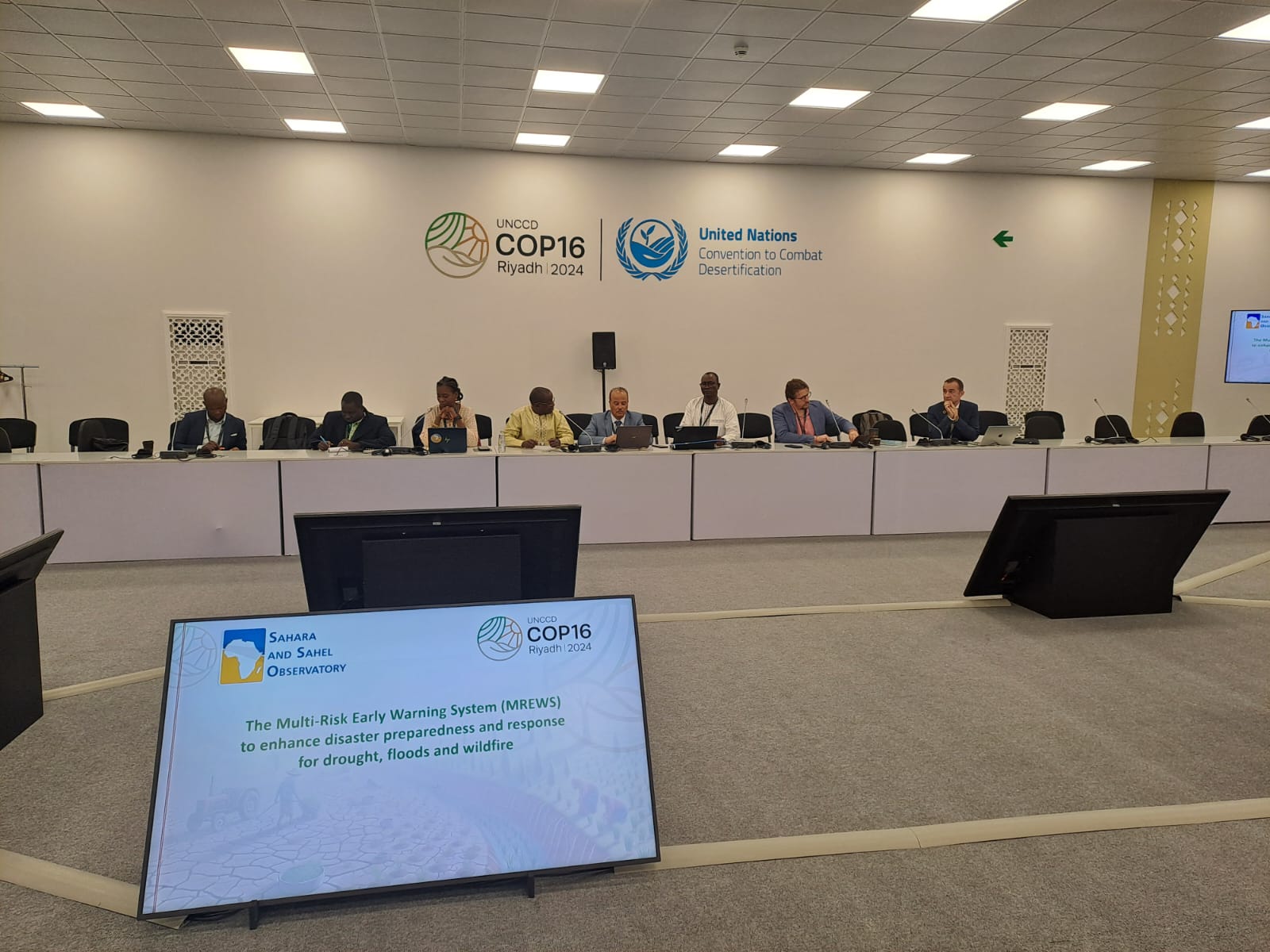
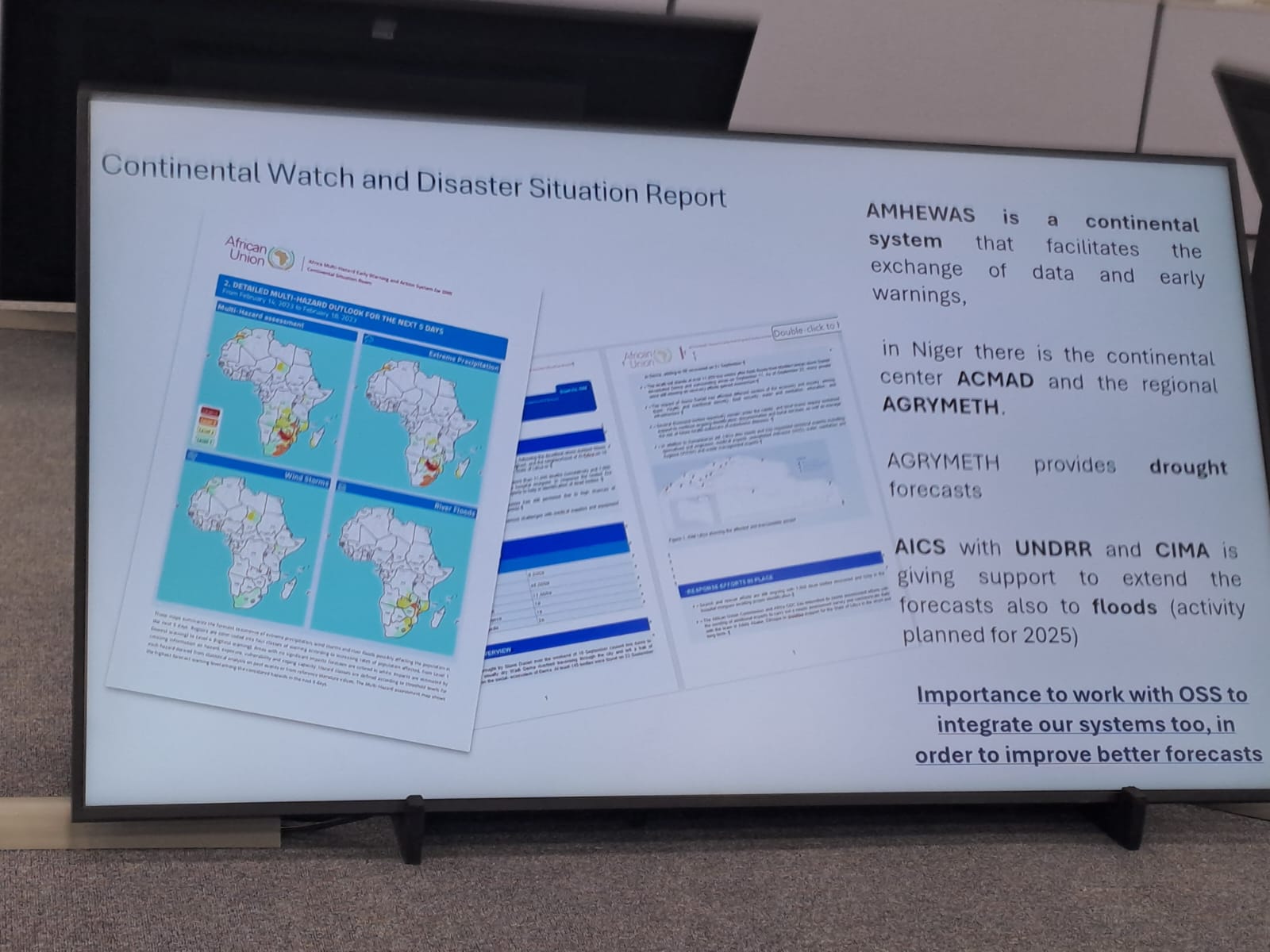
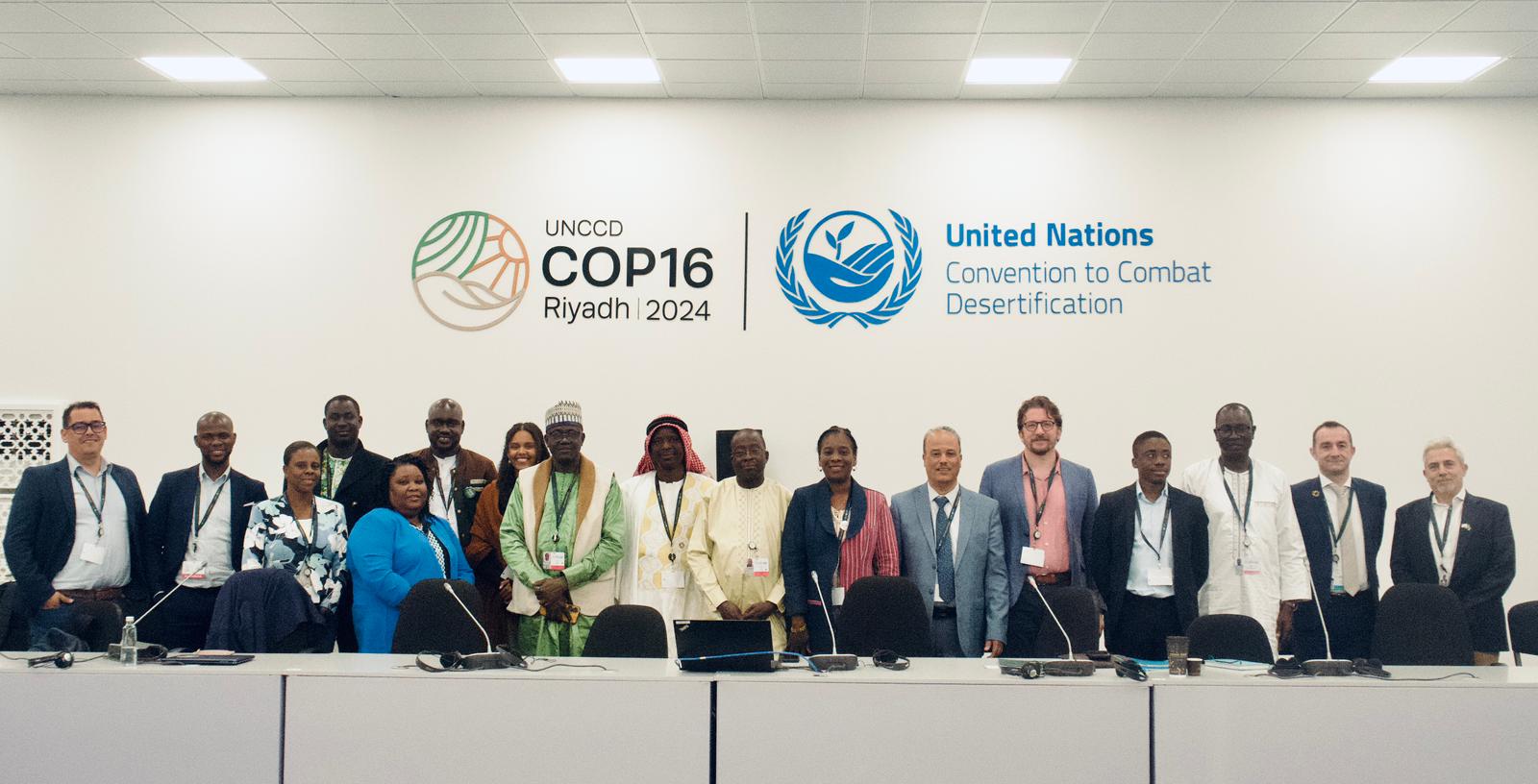
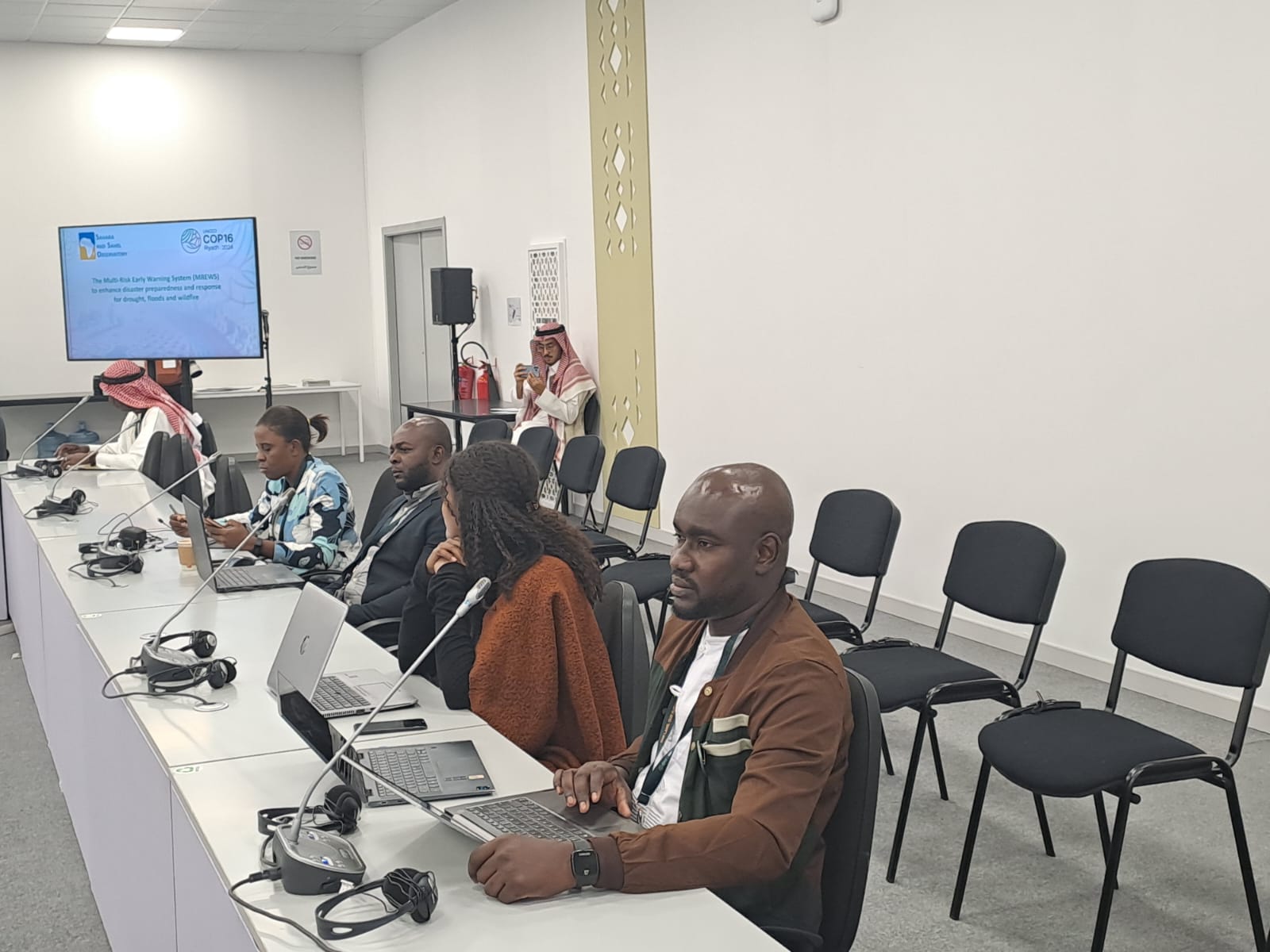
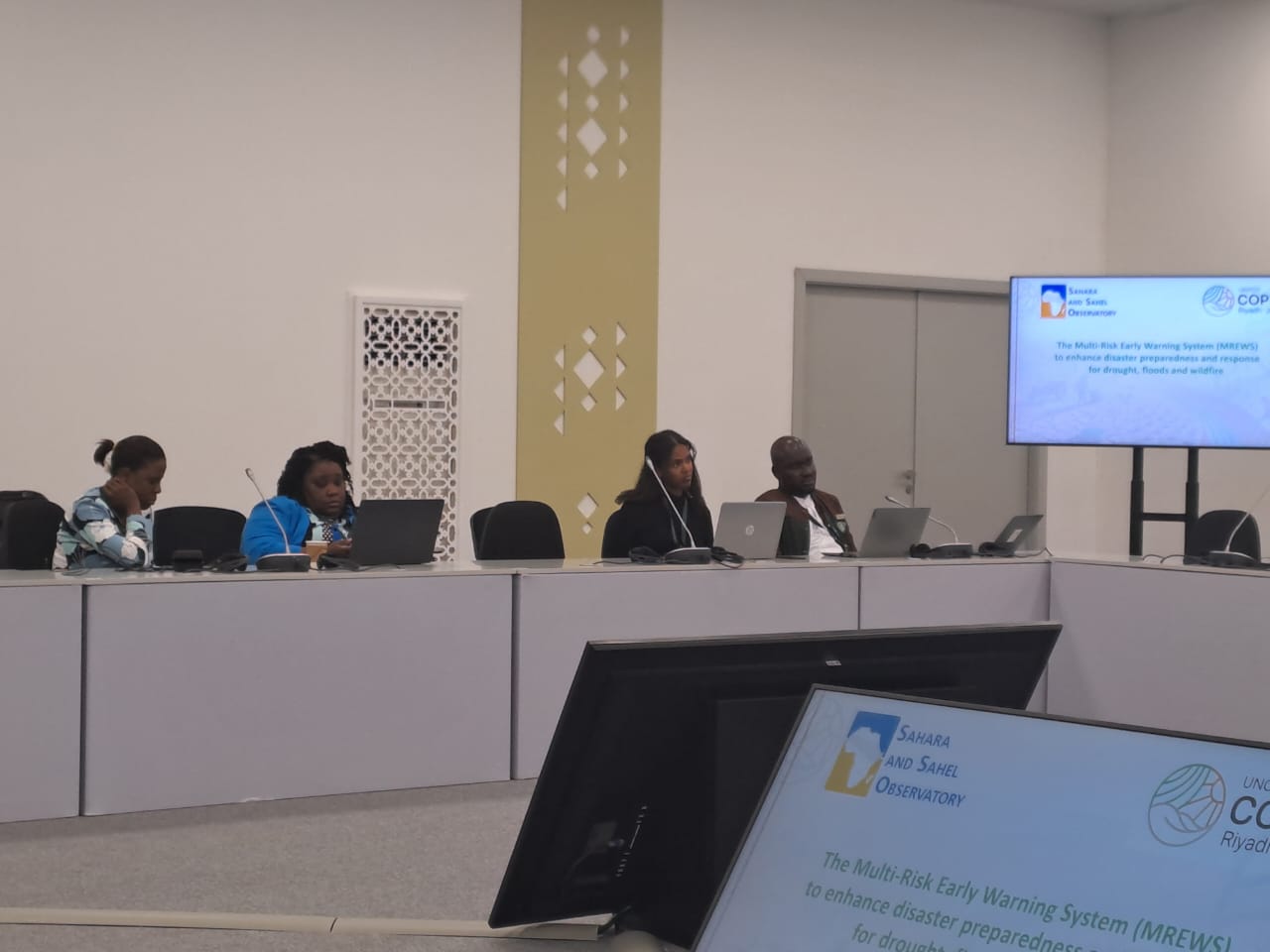
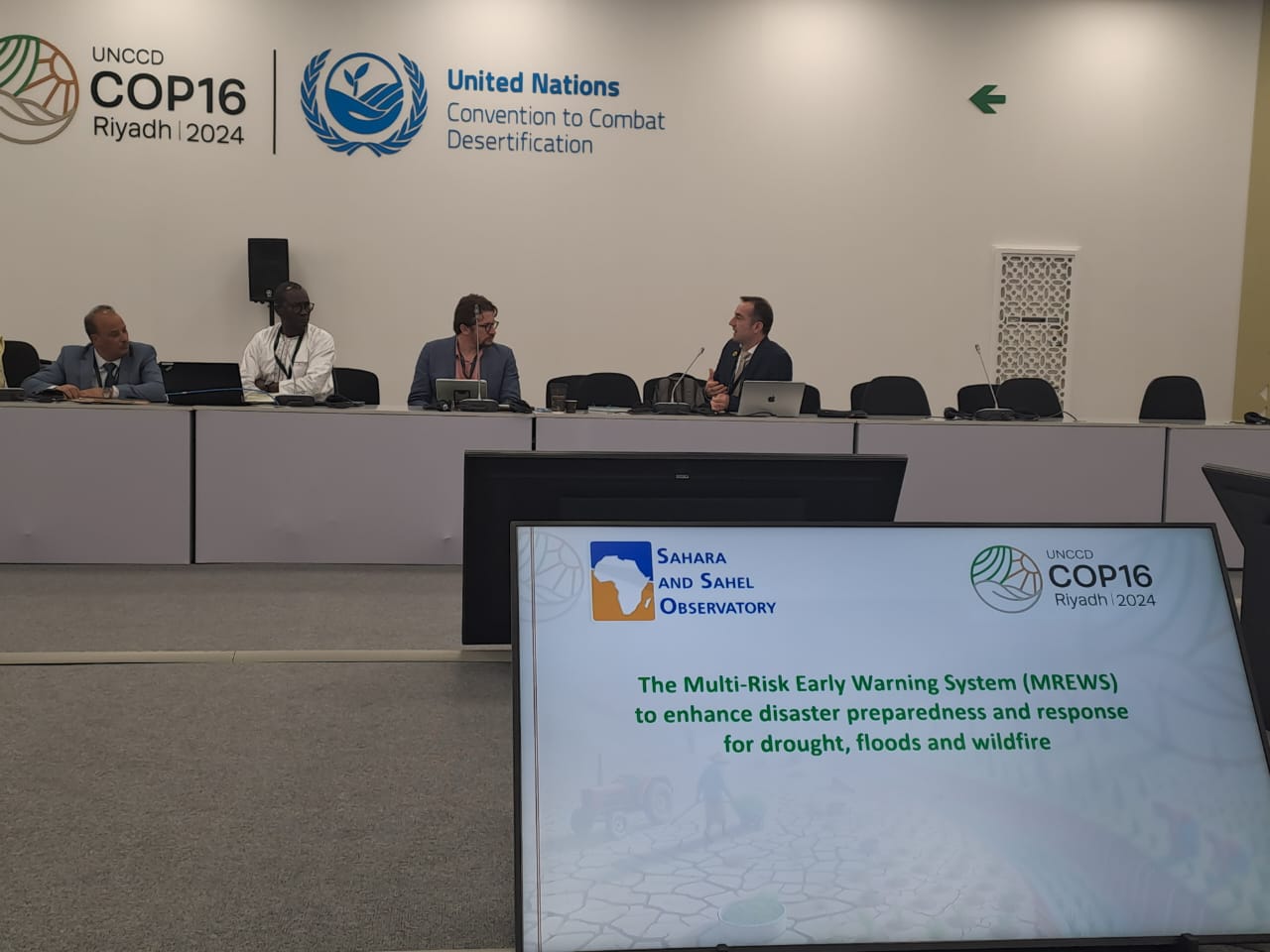
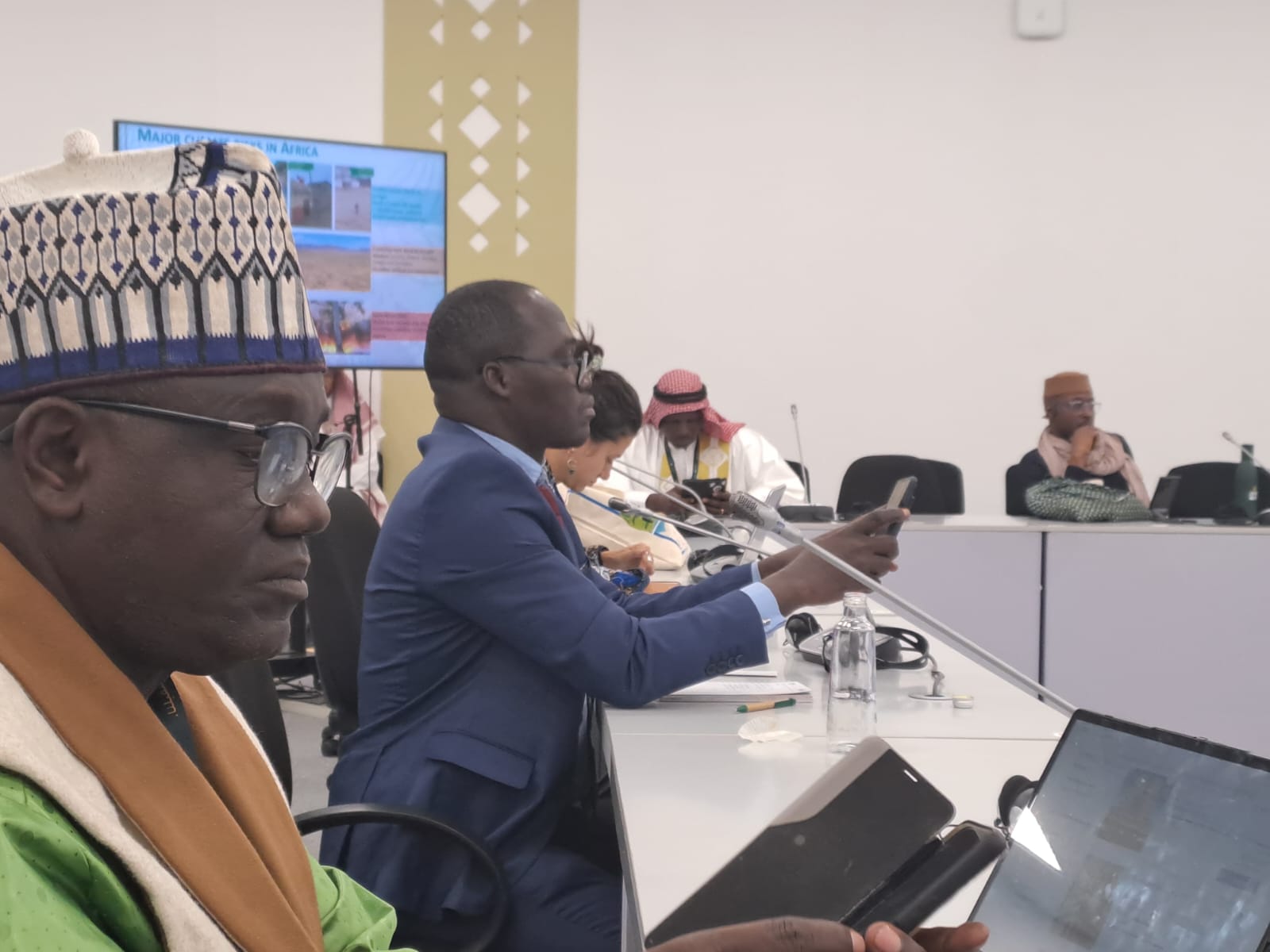
OSS Side Event at COP16: Strengthening Resilience in the Sahel through Multi-Hazard Early Warning Systems. December 12, 2024
On December 12, 2024, the Sahara and Sahel Observatory (OSS) hosted a side event at COP16 to highlight the critical role of Multi-Hazard Early Warning Systems (MHEWS) in disaster management across the Sahel.
This event showcased experiences and best practices related to the use of MHEWS as vital tools to enhance community resilience against droughts, floods, and wildfires. It demonstrated how these systems help reduce vulnerability, protect ecosystems, and prevent humanitarian crises by actively involving local populations in response mechanisms.
The event brought together experts and representatives from national, regional, and international organizations committed to disaster management. A key highlight was the presentation of the AdaptWAP project, led by OSS and funded by the Adaptation Fund. This initiative implements a community-based approach within the transboundary W-Arly-Pendjari complex, aiming to protect populations and ensure food security, exemplifying proactive efforts in addressing climate risks.
Representatives from the African Union, CILSS, the World Bank, UNDP, and UEMOA enriched the discussions by sharing their insights and experiences, offering a global perspective on best practices and areas for improvement.
The dialogue emphasized lessons learned from implementing MHEWS in the Sahel, showcasing their benefits for communities and decision-makers while addressing challenges, such as access to reliable data and its integration into multi-hazard frameworks.
Participants explored opportunities for collaboration among local, national, and regional institutions to improve data sharing and strengthen early warning systems. The discussions underscored the pivotal role of international and sub-regional cooperation in supporting these systems.
The event also examined the financial aspects of MHEWS, identifying available funding sources and analyzing barriers to sustainable financial support. Strategies were proposed to integrate such funding into land restoration, climate risk reduction, and community resilience initiatives.
Recommendations were made to enhance the effectiveness and reach of MHEWS in the Sahel, consolidating their role as levers for resilience, food security, and sustainable development. Expanding their coverage to all Sahelian populations, in line with UN guidelines, was emphasized. Additionally, the development of monitoring and evaluation frameworks was proposed to measure their tangible impact on ecosystems and local communities.
Held on January 28, 2025 in Tunis, the 27th session of the Strategic Orientation…
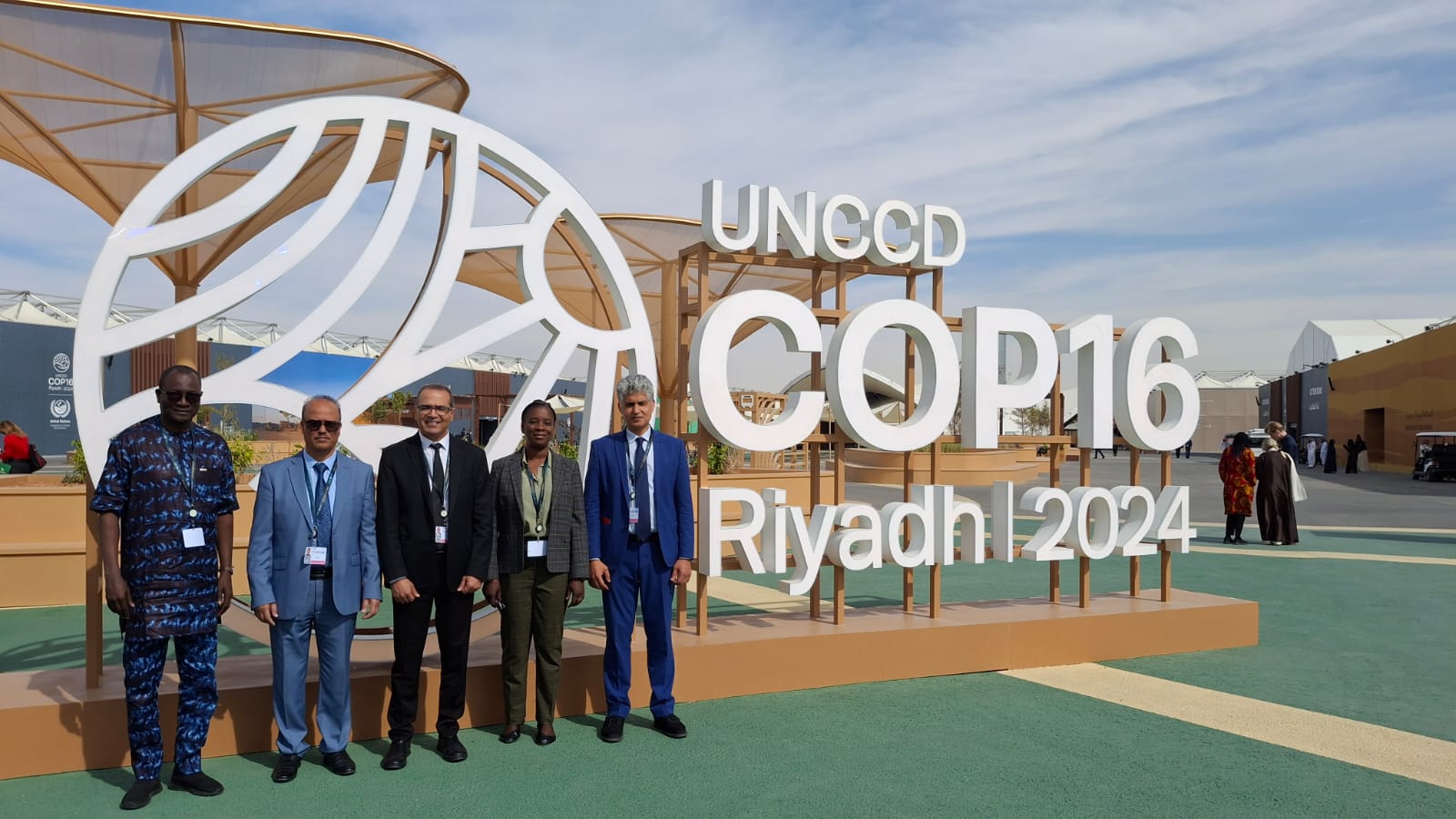
The participation of the Sahara and Sahel…
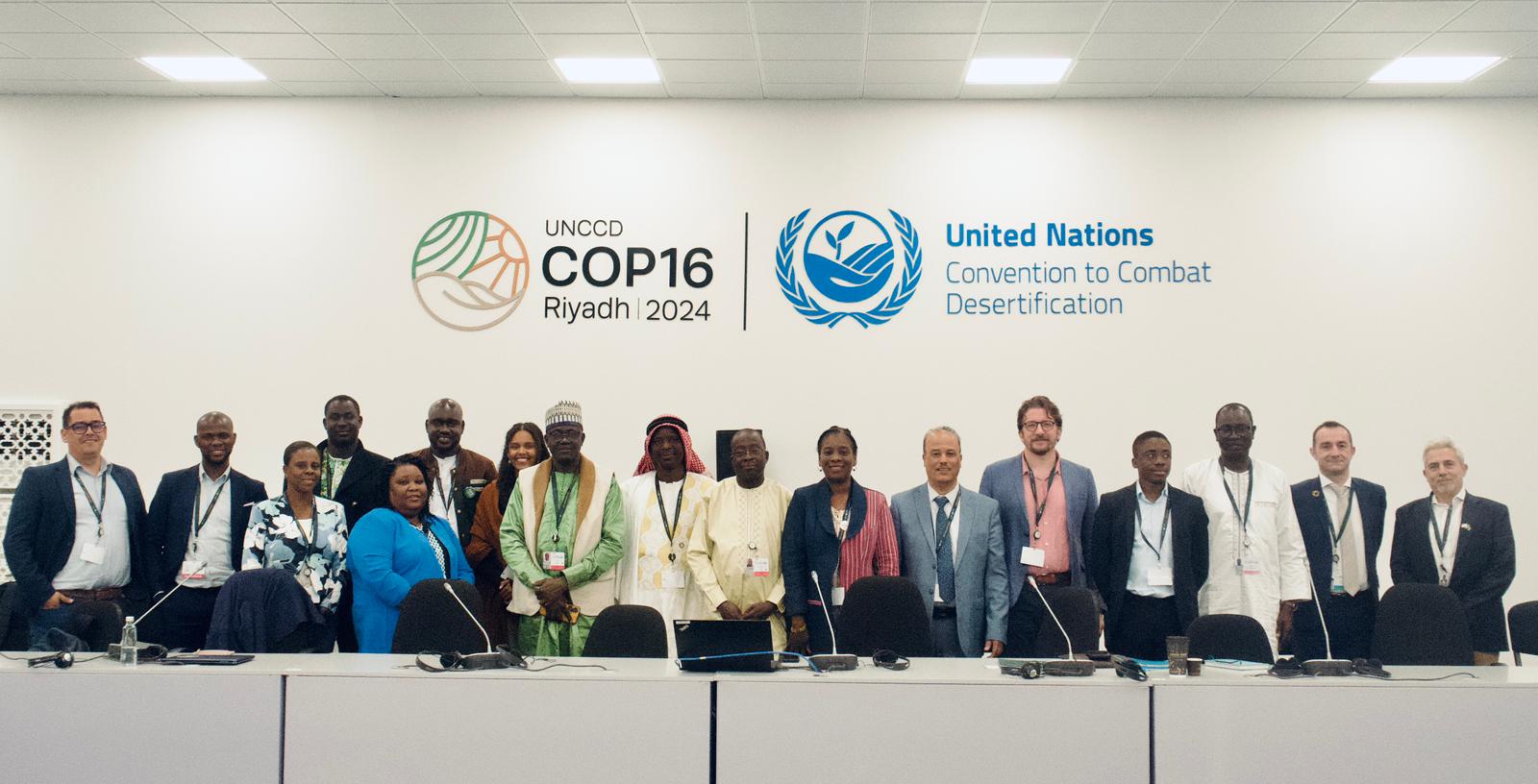
OSS Side Event at COP16: Strengthening Resilience in the Sahel through Multi-…